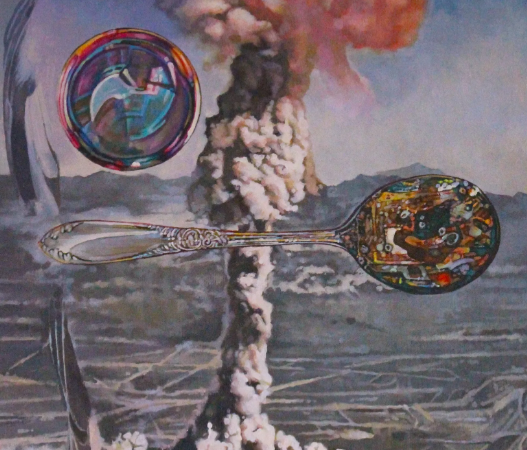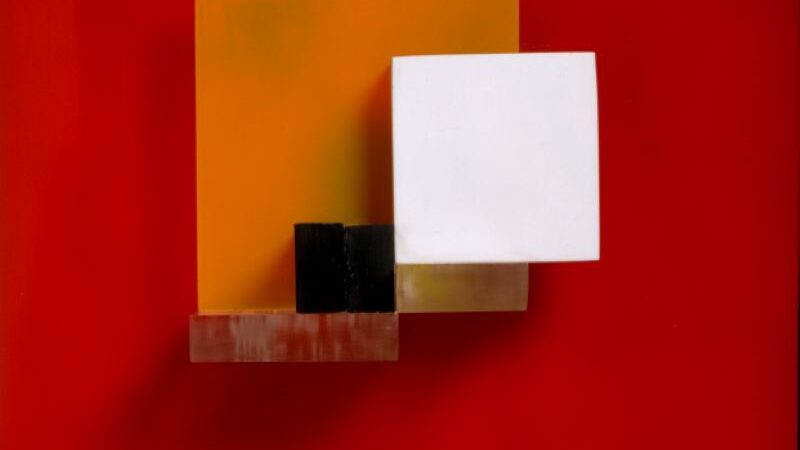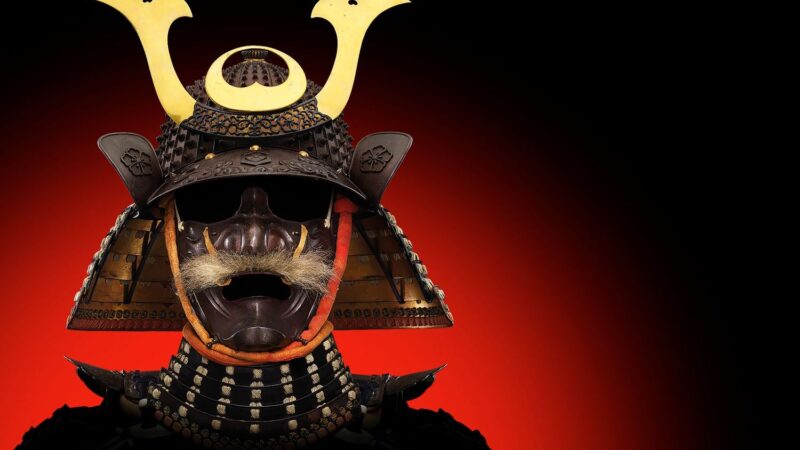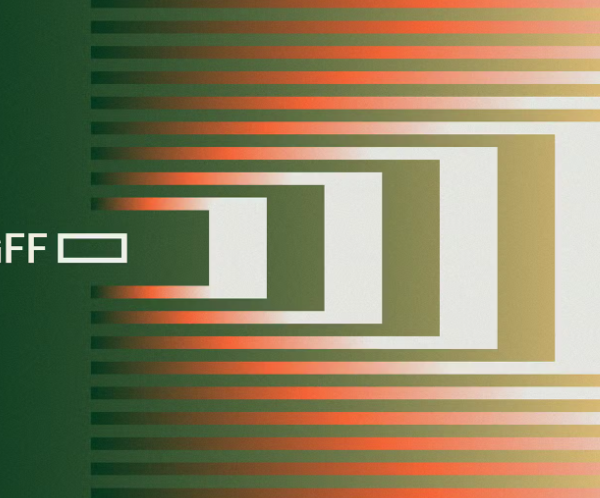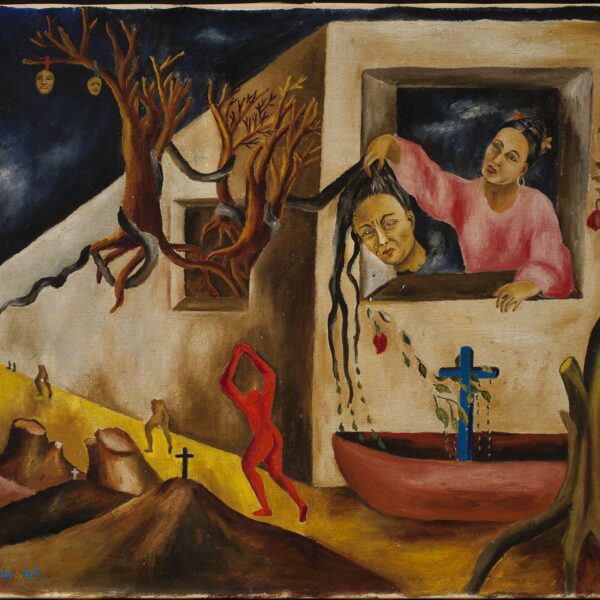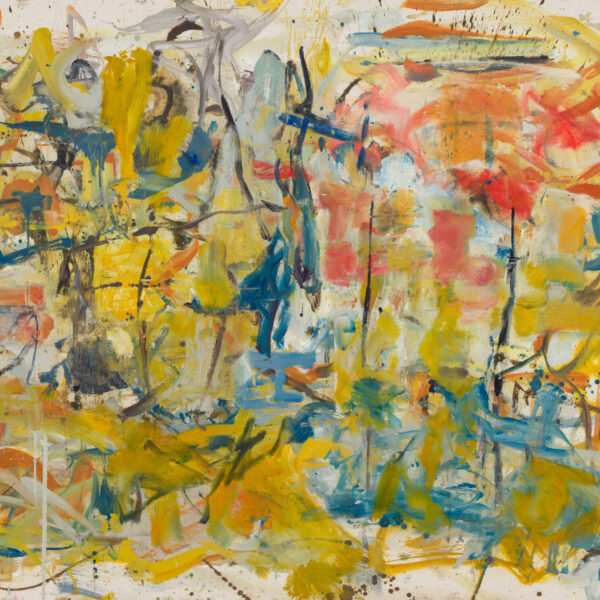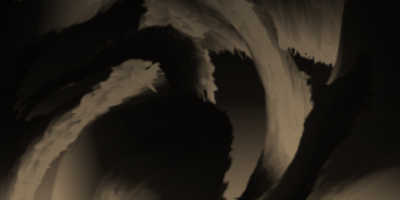
Eugene Onegin: Royal Opera House
But whom to love?
To trust and treasure?
Who won’t betray us in the end?
Ted Huffman’s production of Eugene Onegin, adapted from Alexander Pushkin’s novel in verse, is more than just a story of unrequited love. It delves into loves unexpressed, the kind that festers within and lingers for years as regret. It explores the disconnect between the roles we are expected to play and who we truly are, highlighting the struggle of not fully knowing oneself let alone our own emotions. And above all, it reflects on our tendency to make mistakes and the lasting impact of living with their consequences – the hardest of which, come from loving one another.
Stripped back and bare, the stage is left to the occasional addition of a few chairs, long tables to mark a ballroom, falling snow to signal the passing of seasons. There is a loss of time and place, two dimensions so critical in Pushkin’s portrayal of the hold heartfelt emotions can have on us all – and the context of early 19th-century Russian society.¦
The production opens with Onegin stood at the back of the stage, as what is ultimately his story begins to unfold around him.
The costume design is relatively modern, or at least, what would in contemporary terms be considered ‘retro’, which is less problematic than the colder interpretation of Tchaikovsky’s lyrical adaptation. Pushkin’s work is one of devastation, heartache, a masterpiece of emotional agony and the haunting echoes of regret. And while the score itself works wonders to translate literary expression through music, Tchaikovsky doesn’t make it easy to convey the affecting prowess of Pushkin’s writing, the portrayal of crescendo-built scenes fell short of their mark or are shockingly rewritten.
While the performers themselves are no doubt adept and skilled, filled with a living expressiveness and stellar voices, as far as operas go, this adaptation lacked an emotional engagement so crucial to the opera – and Onegin in particular.
As the acts unfurl, the production lacks an emotional truth that, admittedly, has led to much criticism around Tchaikovsky’s adaption itself. But there is an emotional failure as the depths of passion were lost amidst the black backdrops and dashed hopes – many of which were sadly in the auditorium.
Perhaps it’s my own bias for carrying an immense love of the original work itself. But Monsieur Triquet as a fully made-up clown was just one example of a disappointment gone too far.
Eugene Onegin is showing until October 14.
